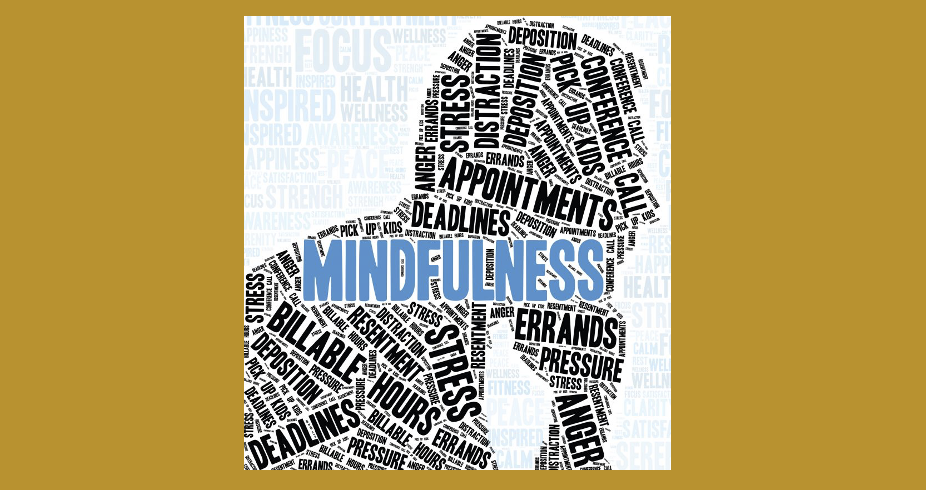Workaholics . . . Living More Purposefully

A workaholic’s guide to living a more purposeful life starts with understanding the motivation behind the desire to focus on work all the time. As hunters and gatherers, our primal needs for food and shelter drove us to constantly fend for ourselves and our families, and that adrenaline rush of short-term success is still ingrained in many of us.
Few of us take the time to understand why we are doing, beyond our conviction that what we are doing is important, and we need to do more!
When we take time to envision a fulfilling future, our subconscious moves us in that direction, often in ways that defy explanation. It starts with a vision, and the more vivid the vision of the desired future, the quicker it appears.
Old habits die hard, and in some ways, your workaholic tendencies have worked for you. In our first blog in this series, we noted some of the benefits of workaholism. The question is, are you living the life you desire, focusing on work that much? At 74 years old, I can share that life progresses much faster than any of us desire it to. “Don’t Blink” by Kenny Chesney captures the message well.
Stress → Workaholism
Stress is the culprit behind workaholism. We stress ourselves and work harder to overcome the inefficiencies it creates. Stress inhibits our best work from surfacing, requiring us to work more. Stress creates the hormone cortisol, which prepares us to fight. Cortisol prepares us to react, not to think.
Mindfulness → Fulfilling and Meaningful Life
Mindfulness opens the door to a fulfilling, meaningful life. However, this can be a real challenge for high-energy, achievement-oriented, driven leaders. The last thing someone driven to achieve wants to do is stop and think about why they are doing it!
Mindfulness enables our minds and bodies to capitalize on our potential. Stress does the opposite; it inhibits the potential of our minds and bodies. Mindfulness is another of those soft elements, like culture, that authoritarian leaders dismiss. In his book Eleven Rings: The Soul of Success, Phil Jackson shares what mindfulness did for him and the Los Angeles Lakers. The result was unparalleled success, with each team member experiencing incomparable joy from the achievement.
Resources for Developing Your Own Mindfulness Practice
Whether meditation, yoga, or mindfulness training, each of us needs these practices in our lives to capitalize upon the natural gifts we have been blessed with.
Whether or not you are a workaholic, mindfulness practices have many benefits. Why not make a New Year’s resolution for develop your own mindfulness practice? Here are some resources:
Books
- The Miracle of Mindfulness by Thich Nhat Hanh
A classic introduction to mindfulness, offering practical exercises and wisdom. - Wherever You Go, There You Are by Jon Kabat-Zinn
A foundational book on mindfulness by the creator of Mindfulness-Based Stress Reduction (MBSR).
Online Courses
- Mindfulness-Based Stress Reduction (MBSR) Online
Offered through Palouse Mindfulness or other platforms, this structured course is widely regarded as one of the best introductions to mindfulness. - Coursera
Courses like The Science of Well-Being by Yale University incorporate mindfulness techniques and theory.
Apps
Check your employee benefits—many employers offer access to one of these apps as a health benefit.
- Headspace: Ideal for beginners, it offers guided meditations and mindfulness exercises.
- Calm: Known for its soothing meditations and sleep aids.
- Insight Timer: Free access to thousands of guided meditations and courses from various teachers.
I have found yoga, the Calm app, and getting out in nature on foot, on a bike, or in a rowing shell to be excellent mindfulness training.
Have you found ways to live that more purposeful life you desire? Please share them with us.






